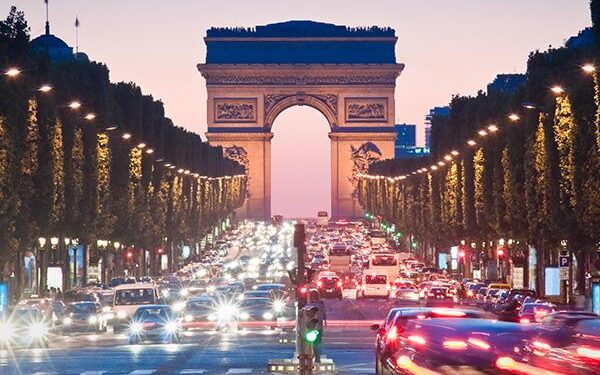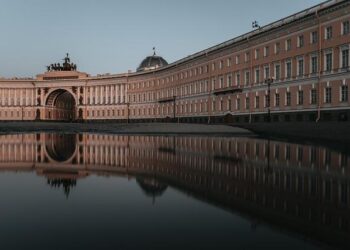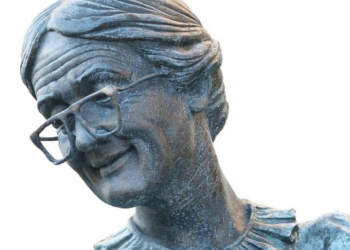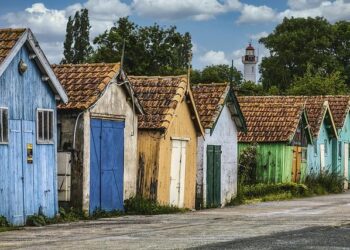In a recent development that has sparked diplomatic discussions and raised eyebrows within the Vatican, the French government has categorically dismissed allegations of interference in the conclave responsible for electing the next pope. These claims surfaced alongside reports of heightened lobbying efforts by various nations, prompting France to reiterate its commitment to safeguarding the autonomy of the papal election process. As the Catholic Church stands at a crossroads regarding its leadership and future trajectory, this denial comes at a time when speculation about potential candidates and their geopolitical implications is intensifying. This article delves into how national interests intersect with ecclesiastical governance, illuminating France’s role in this evolving narrative surrounding the papal conclave.
France’s Commitment to Papal Election Autonomy
French officials have unequivocally stated their adherence to a policy of non-interference concerning the upcoming papal conclave. This assertion arises amidst swirling rumors suggesting that France is attempting to rally support for a French candidate for pope. Officials emphasized that it is vital to uphold the integrity of the conclave’s proceedings, ensuring that cardinals can make their decisions free from external influences. This stance not only aligns with France’s long-standing tradition of secularism but also reflects respect for internal decision-making processes within the Catholic Church.
To bolster their position, French authorities have articulated several core principles guiding their approach:
- Upholding Church Sovereignty: France acknowledges Vatican sovereignty and insists that decisions regarding church leadership should remain insulated from political pressures.
- Promoting Open Dialog: French leaders advocate for constructive discussions within global Catholic communities while emphasizing unity during papal selection.
- Avoiding Speculative Discourse: Officials have urged both media outlets and citizens to refrain from speculation about potential candidates or any political motivations behind such conversations.
Historical Influence on Papal Elections: A Contextual Overview
The recent denial by French officials regarding allegations of interference underscores an intricate relationship between national identities and religious authority. Historically, countries have sought ways to extend their influence over meaningful religious institutions, leading to both overt and covert attempts at shaping leadership outcomes. This context‚ÄĒrich in centuries-old political maneuvering‚ÄĒhas often included elements such as:
- Diplomatic Engagements: The Church has frequently played an essential role in international diplomacy, with popes acting as mediators during conflicts.
- Cultural Connections: Nations with significant Catholic populations have historically desired popes who resonate deeply with their cultural identity.
- Nations’ Strategic Interests: National agendas can considerably impact support for candidates aligned with specific political or ideological goals.
This historical backdrop illustrates how these influences can lead to controversies surrounding favoritism during elections. Past conclaves have faced scrutiny over perceived biases reflecting contemporary power dynamics.A brief overview highlights how countries have attempted to sway outcomes throughout history:
| Papal Election Year | Nation Influencing Outcome | Elected Pope |
|---|---|---|
| 1978 | Poland’s Influence | Pope John Paul II |
This historical outlook serves as a reminder that while Vatican aims for neutrality, underlying ethno-political dynamics persistently shape aspirations for universally accepted leadership intertwined closely with national ambitions.
Future Directions: Enhancing Transparency in Ecclesiastical Politics
The ongoing discourse surrounding alleged interference by France in selecting a new Pope underscores an urgent need for increased transparency within church politics. To restore trust among believers globally,it is imperative for church authorities to adopt measures promoting accountability and openness.
Potential strategies could include establishing autonomous oversight committees tasked with monitoring electoral processes; providing public access to procedural information; implementing clear guidelines against outside influence; thereby fostering an surroundings conducive towards transparency which would help mitigate scandals while enhancing public perception.
Moreover engaging congregants through open forums can bridge gaps between church leaders & followers effectively.
Initiatives may encompass:
- Civic Engagement Workshops: Sessions aimed at educating parishioners about electoral procedures within ecclesiastical contexts;
- Timely Updates: A platform dedicated towards reporting church initiatives promptly;
- User Feedback Channels: Avenues allowing congregants express concerns/suggestions related governance issues.
By prioritizing these recommendations,the Church not only strengthens its internal structures but also cultivates renewed loyalty among members ensuring robust future devoid mistrust shadows.
















